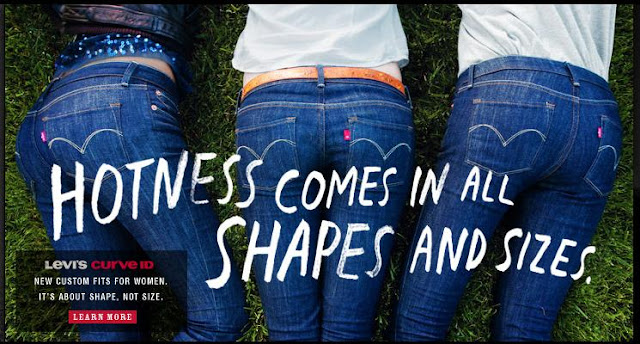On January 19th 2012, the momentous topic of Feminism was brought about and defined by my Intro. to Women's Gender Studies teacher, Professor Amy Moff. According to my notes, the term Feminism is women fighting for equal rights. The actual concept of Feminism is not to benefit solely any one group of women, race, sex or class and it does not aim to give privilege to women over men. In fact, Feminism is is not even focused on women specifically nor is it set on taking power away from men. It is ultimately about a shift in conciousness.
To this very day there is Feminism. But like every other ideal that has been thought up since the beginning of time, Feminism has taken on various shapes, forms, and goals; as if changing with the times and evolving. Before this class, I knew that there was such a thing as Feminism, but I was not aware of it. But after gaining knowledge and insight into Feminism, I can now see it all around me.
In today's society Feminism is everywhere. It's in the movies we watch, the books we read, the art we see, the music we listen to.
Are you personally not aware of any examples of Feminism within our pop culture? If the answer is yes, do not worry because that is why this website exists in the first place. We will post videos, talk about books, look at art, and listen to music that deal with the topic of Feminism. We will even let you give your own opinions on Feminism.
In the end, we want to converse about Feminism and its presence within all types of media in our modern society.
Thanks for reading and keep an eye out for our first post:)
-Raymi Damo








